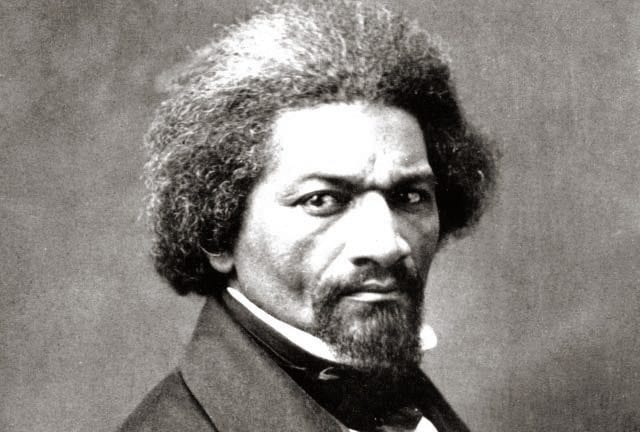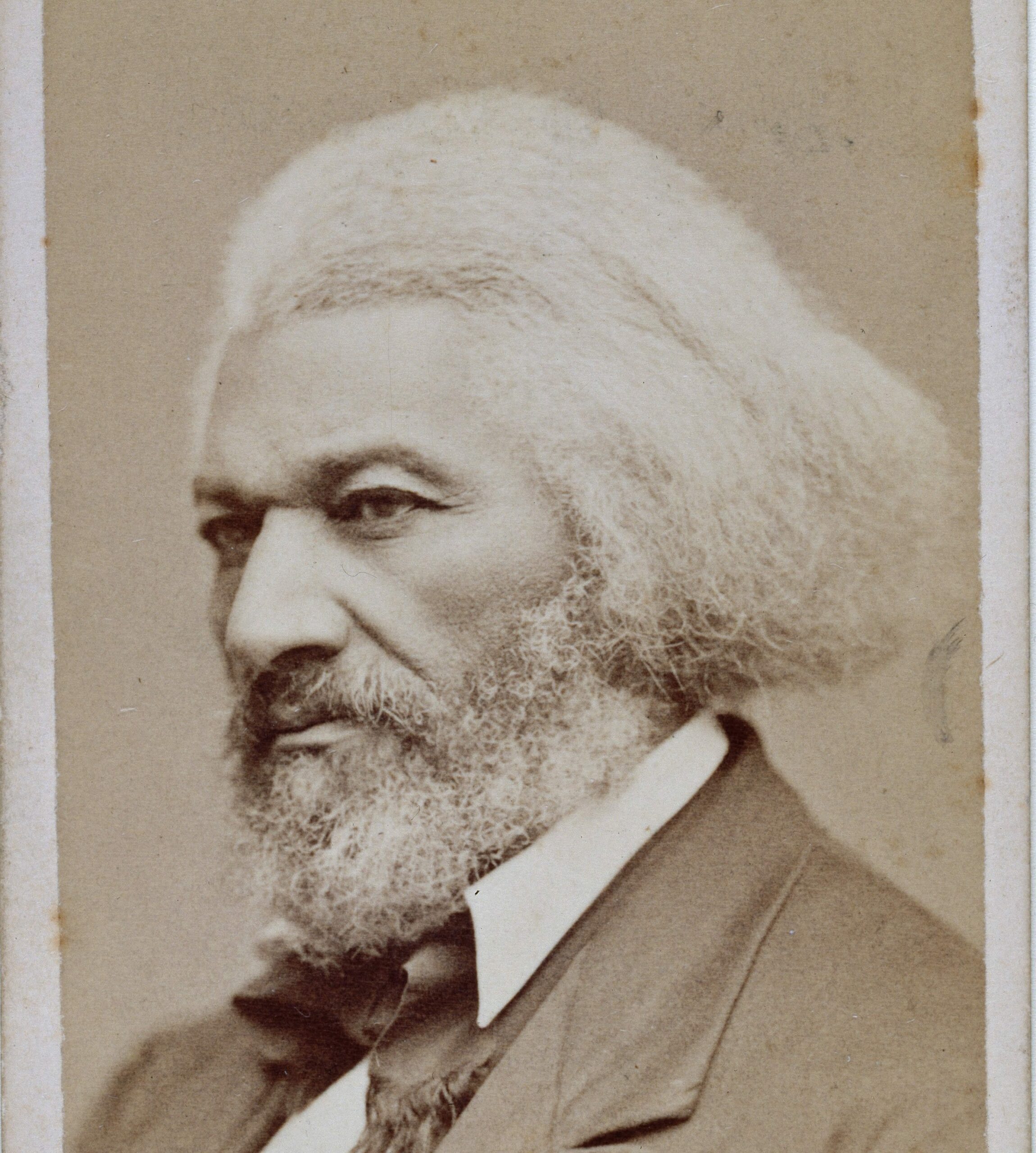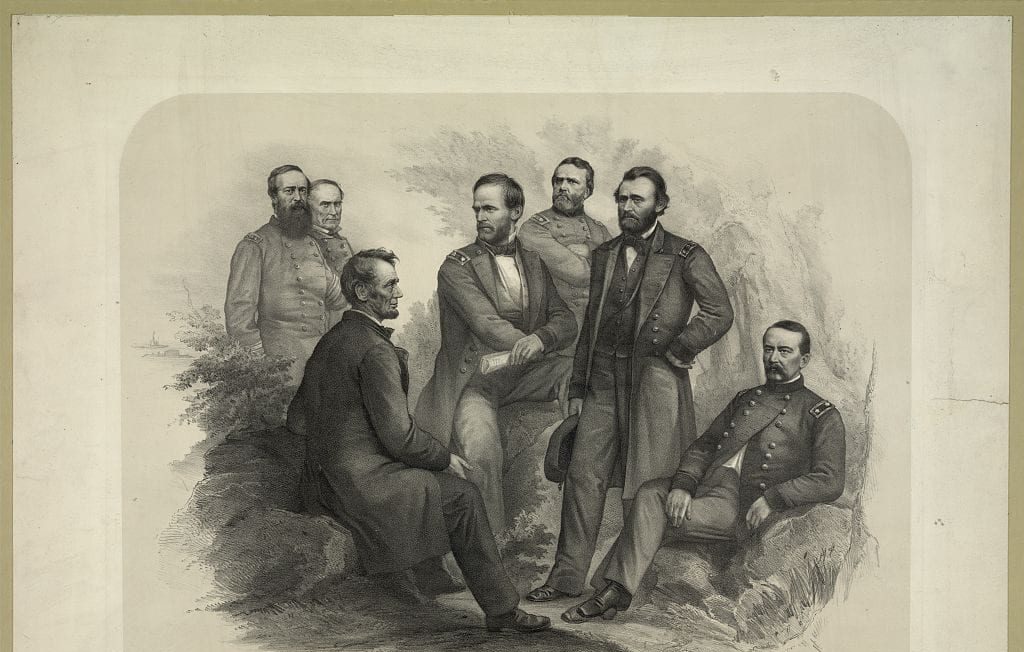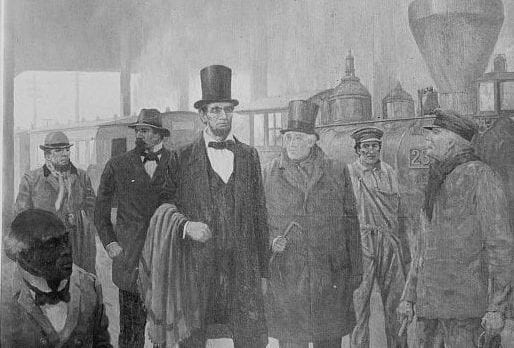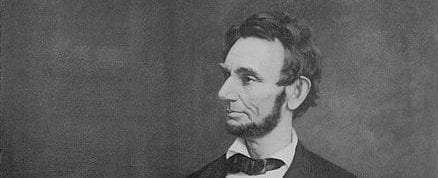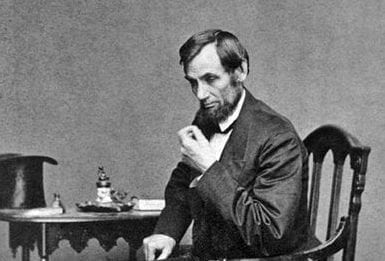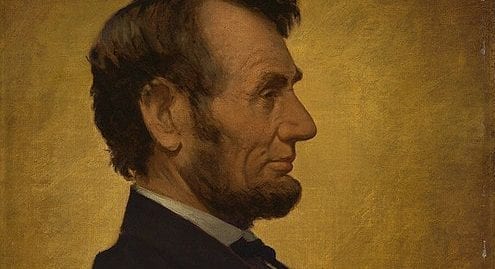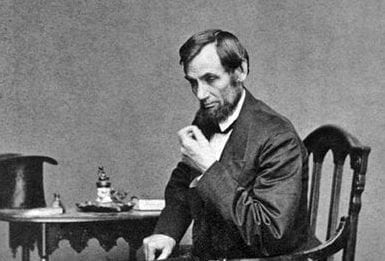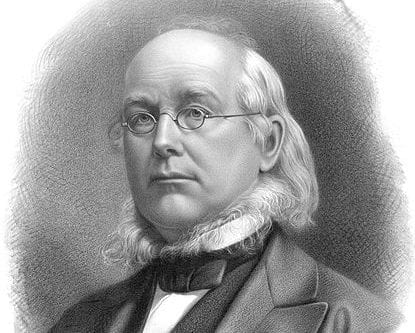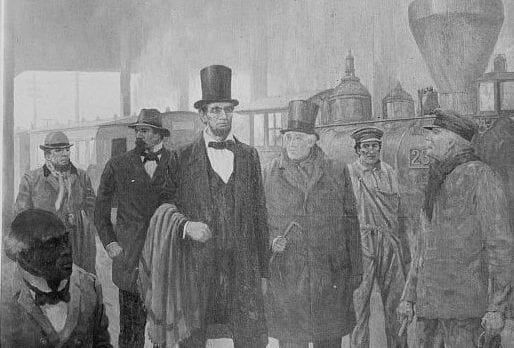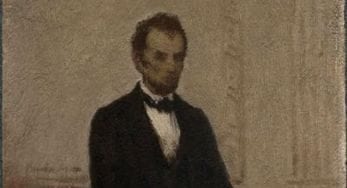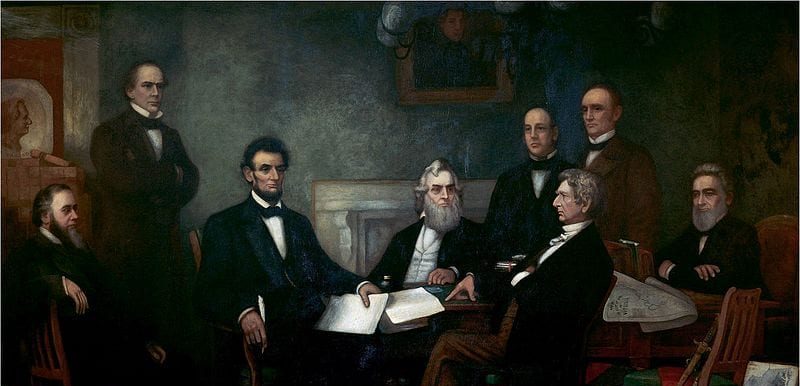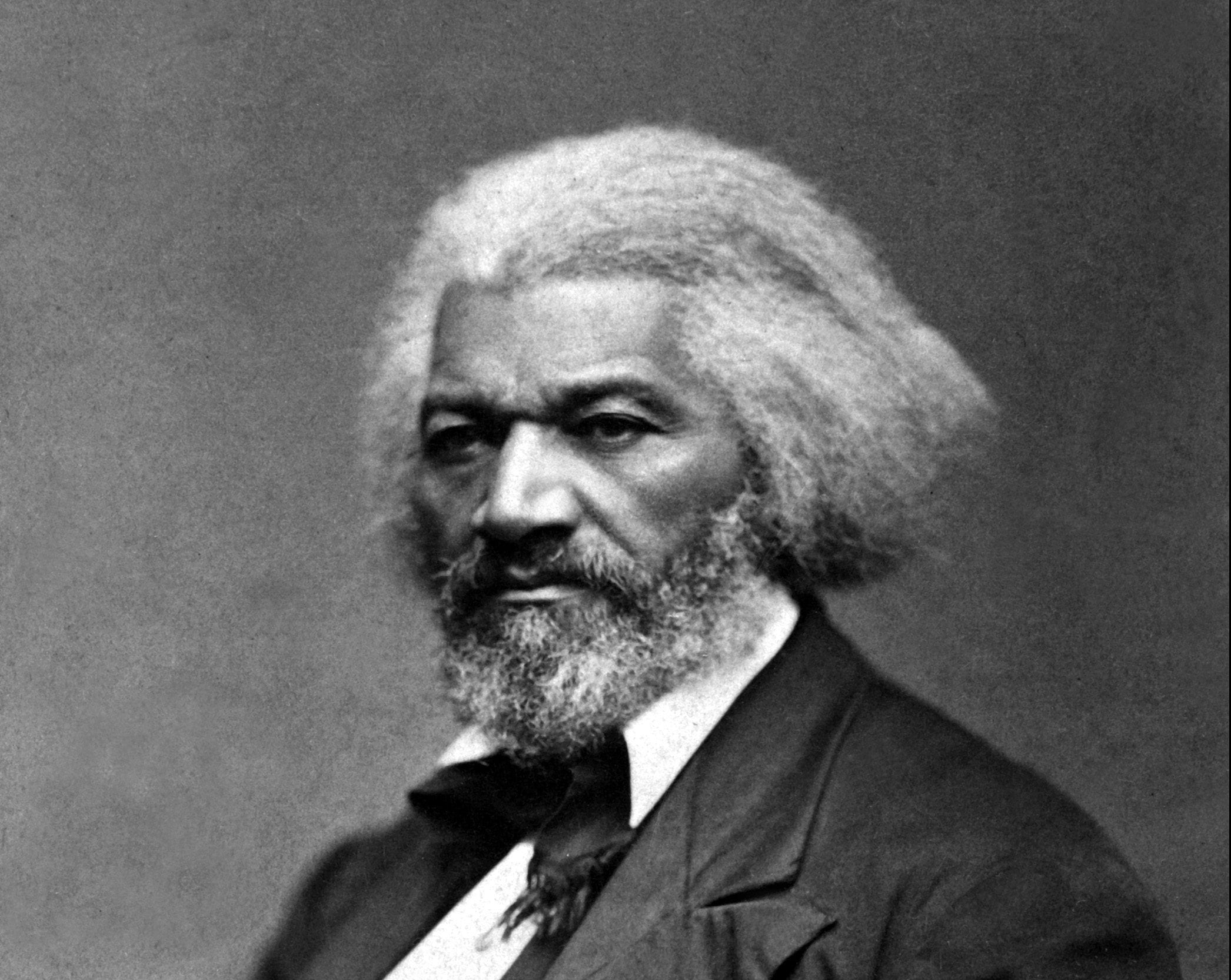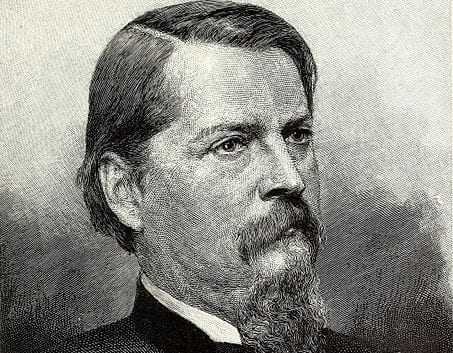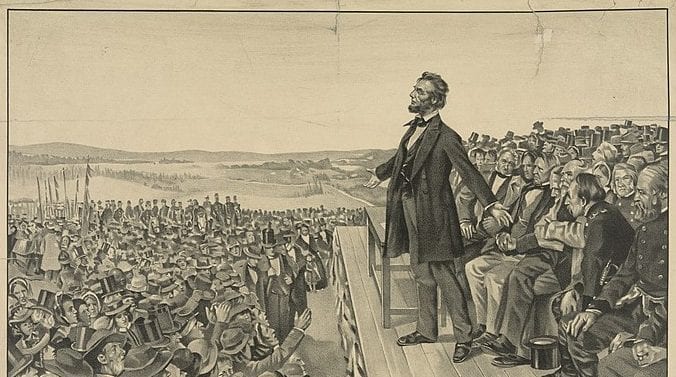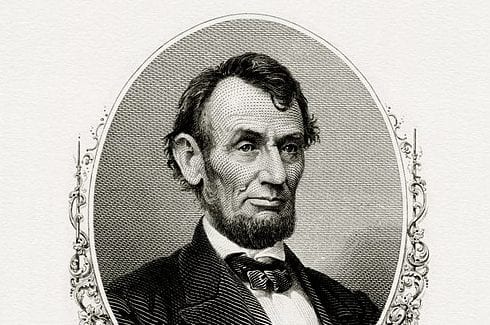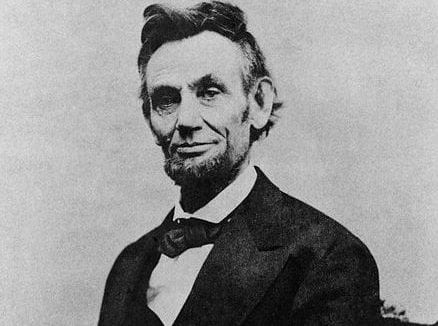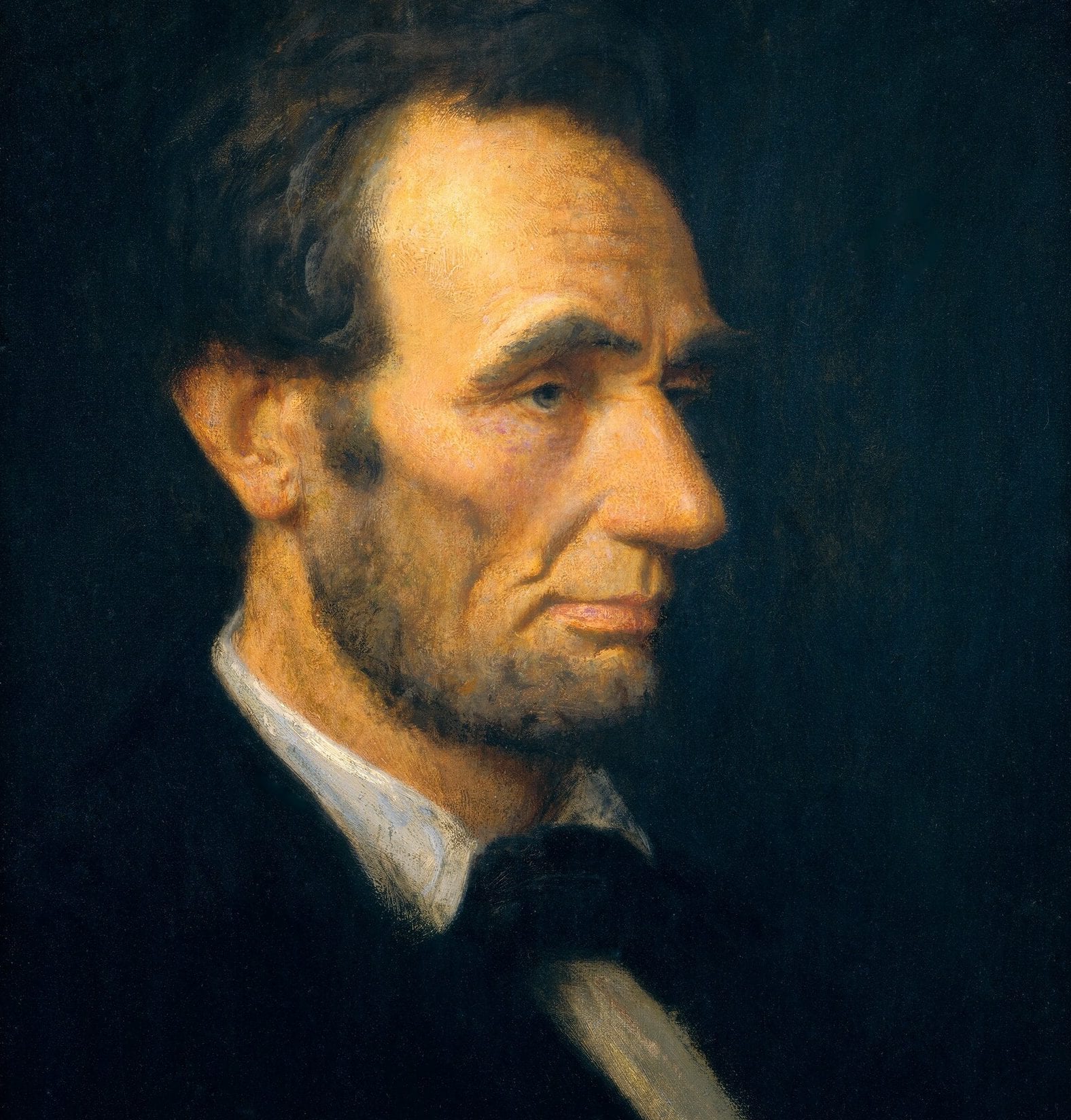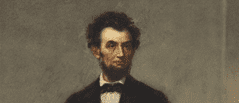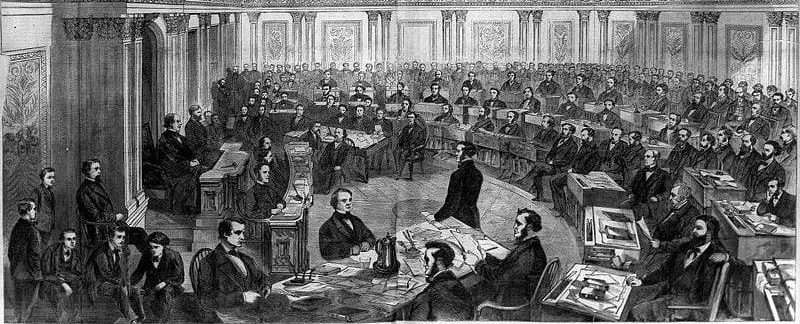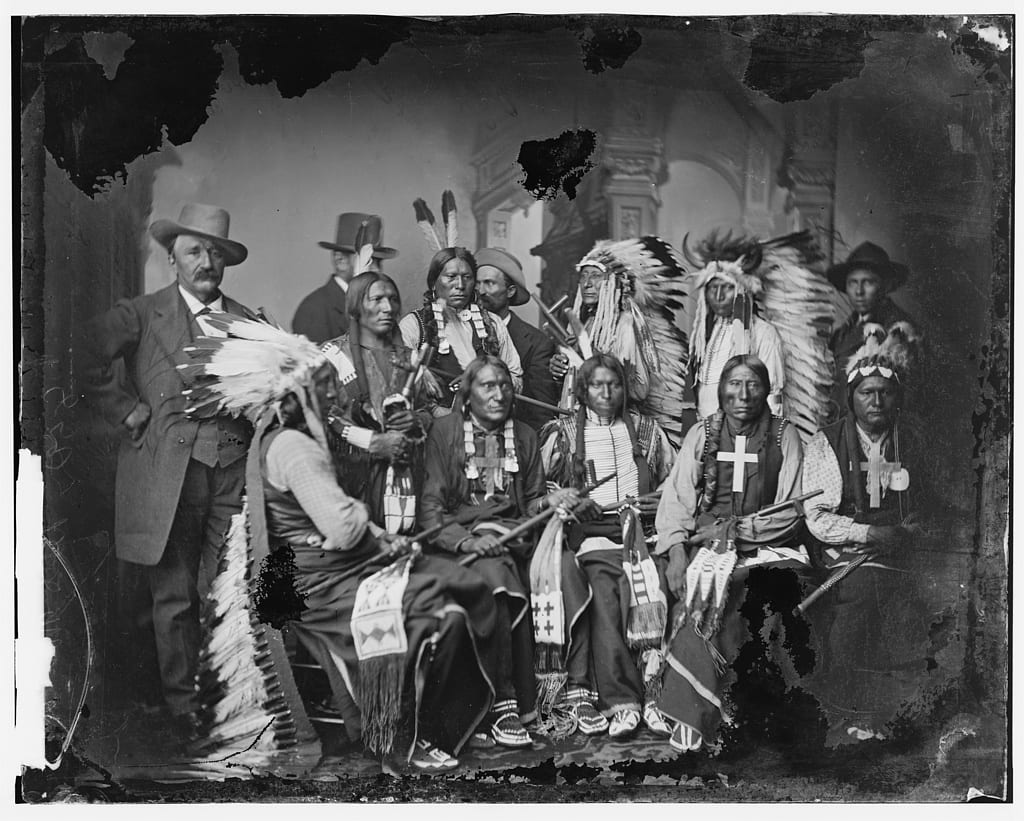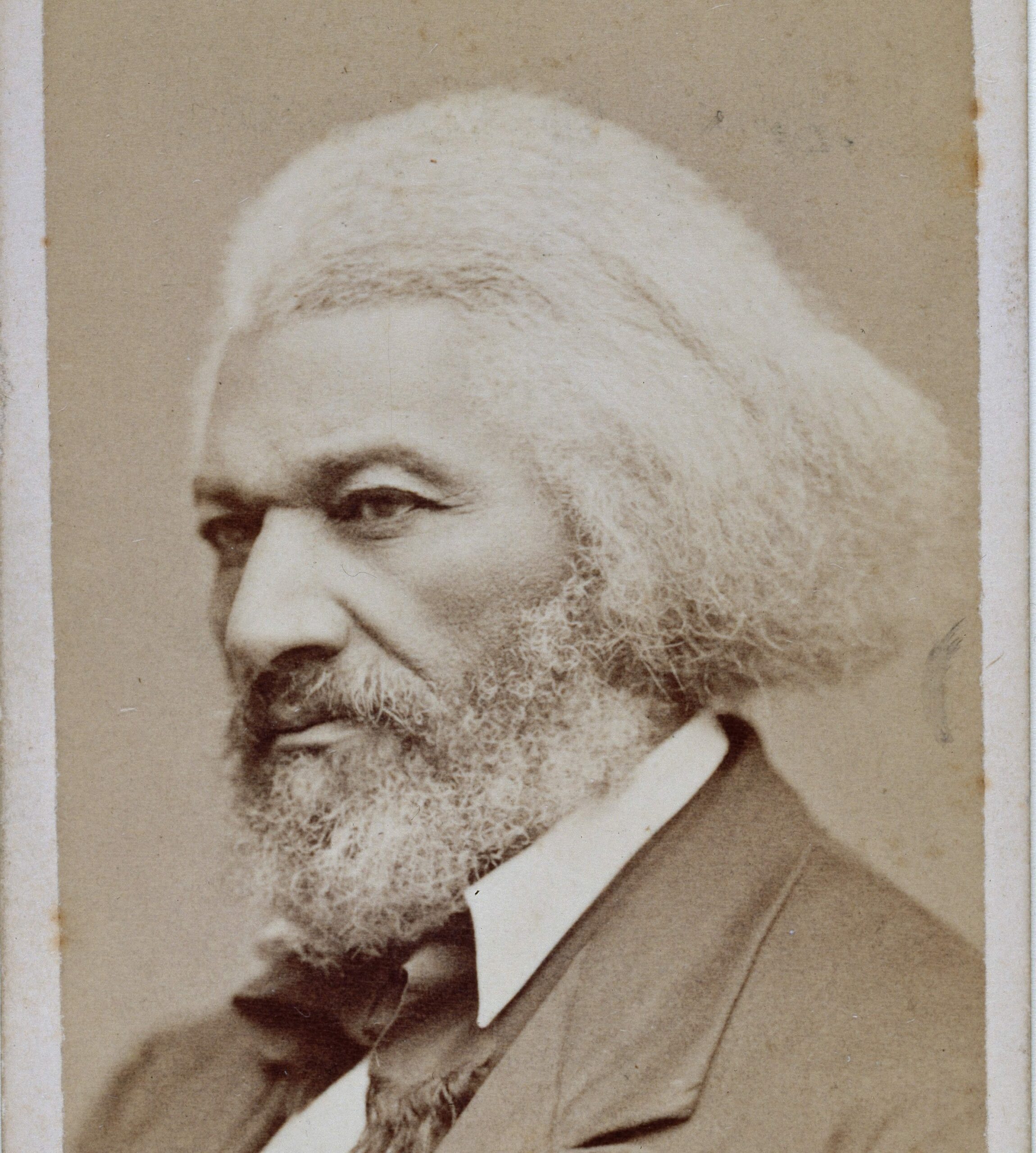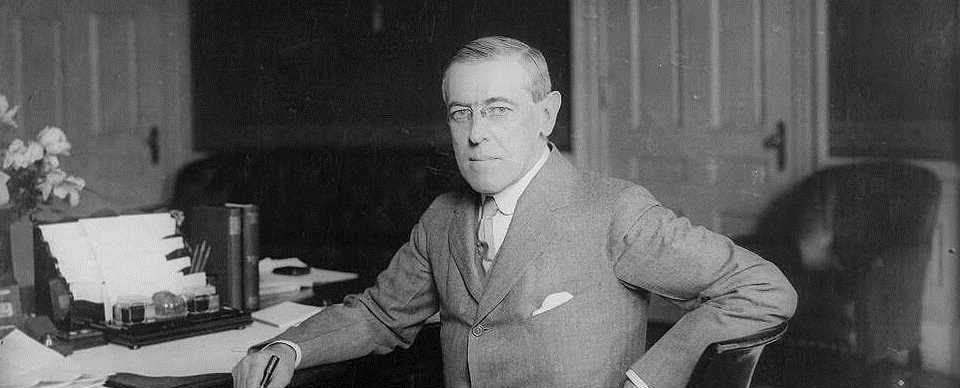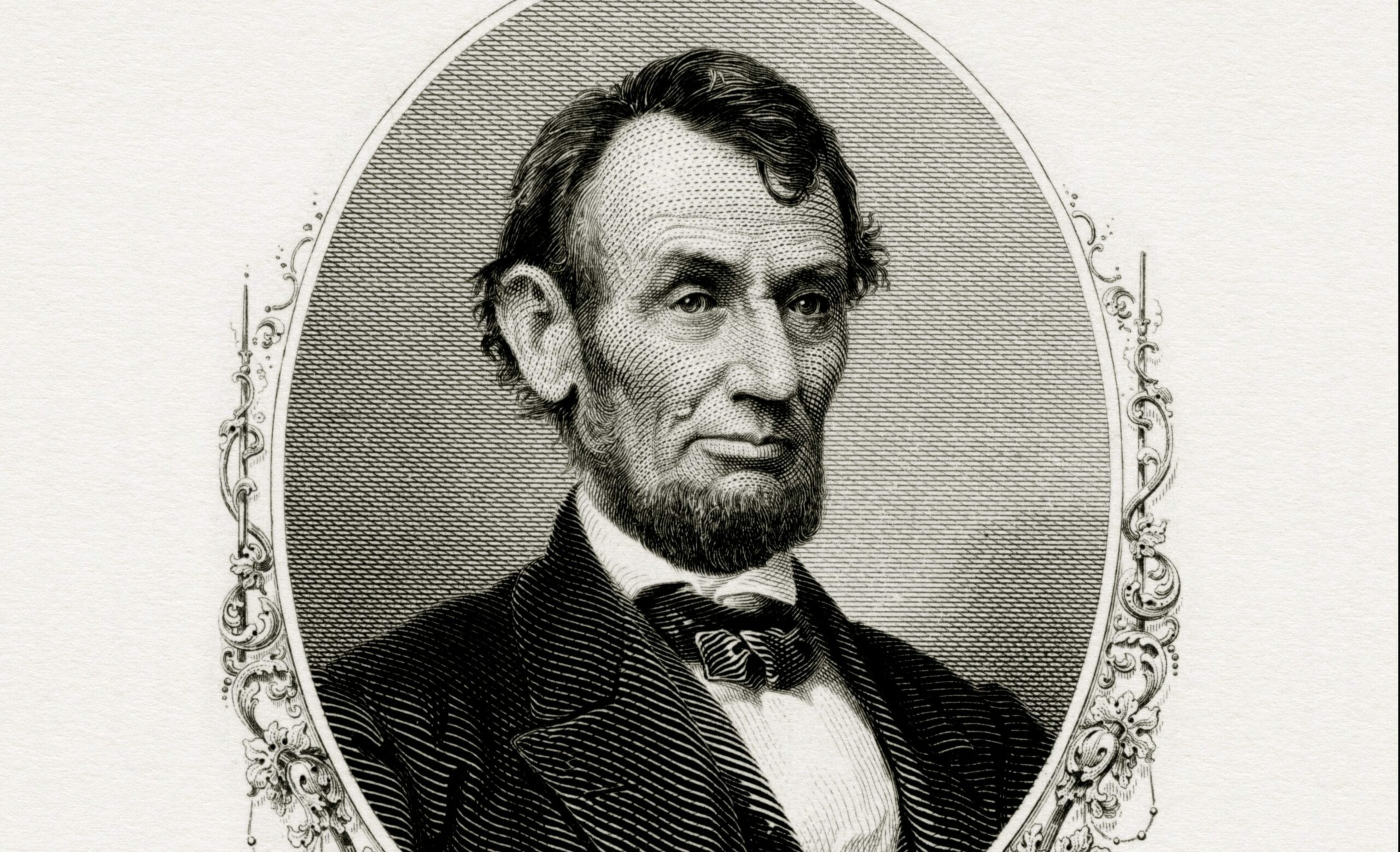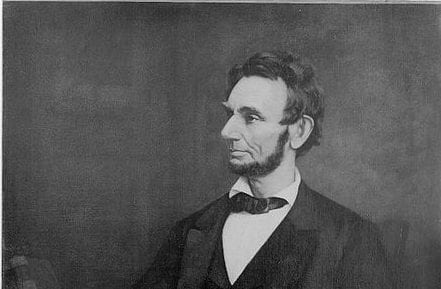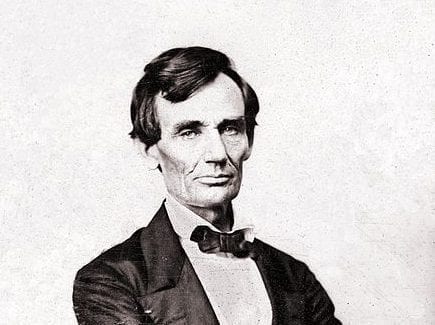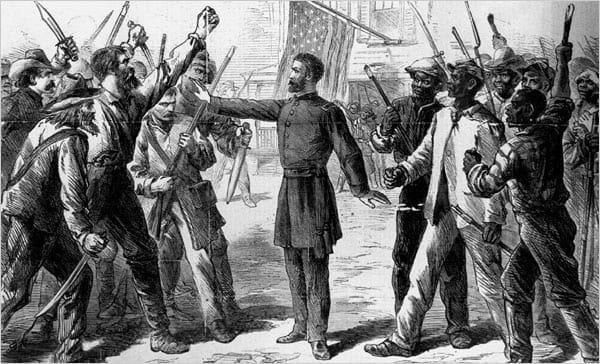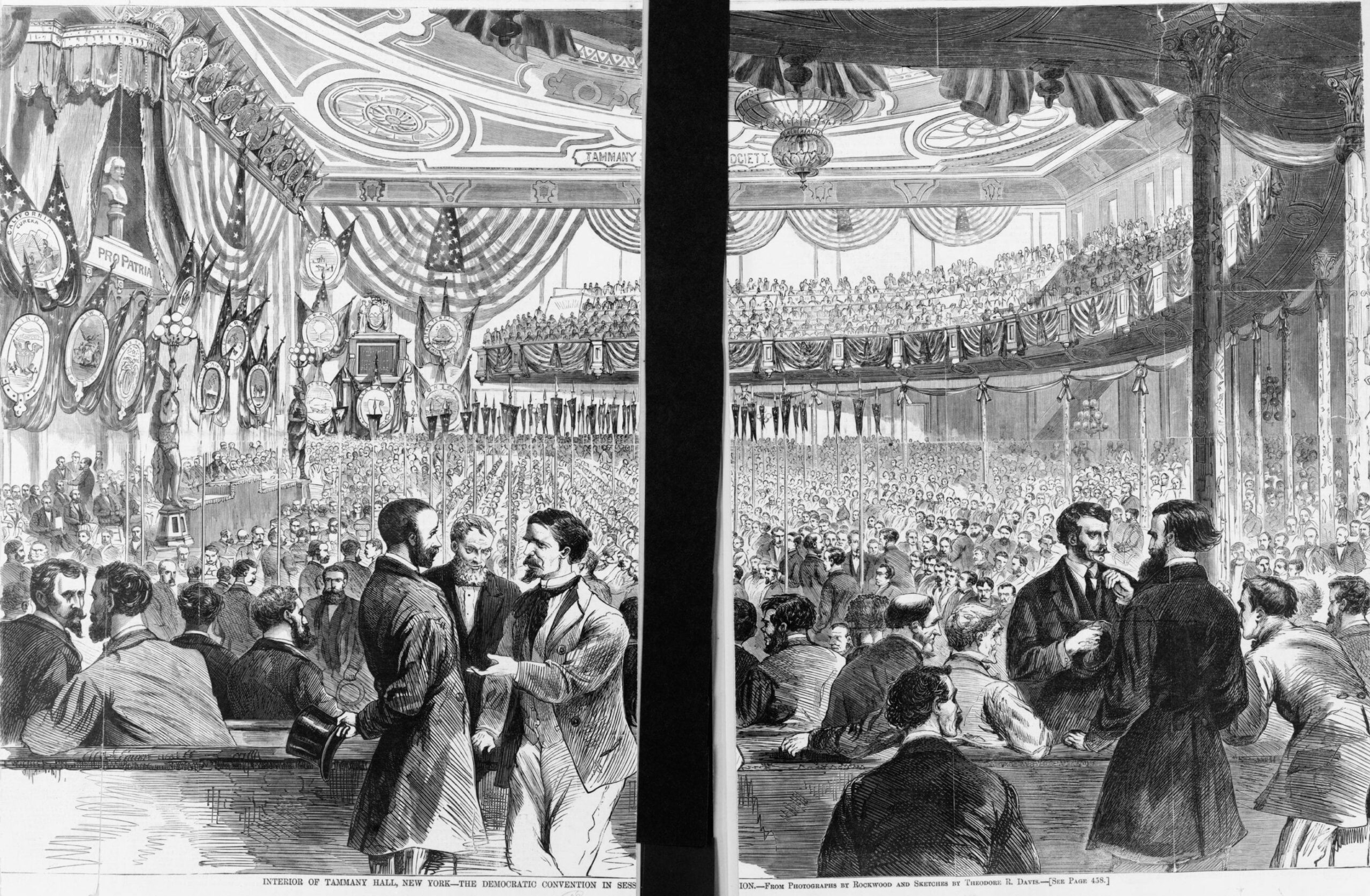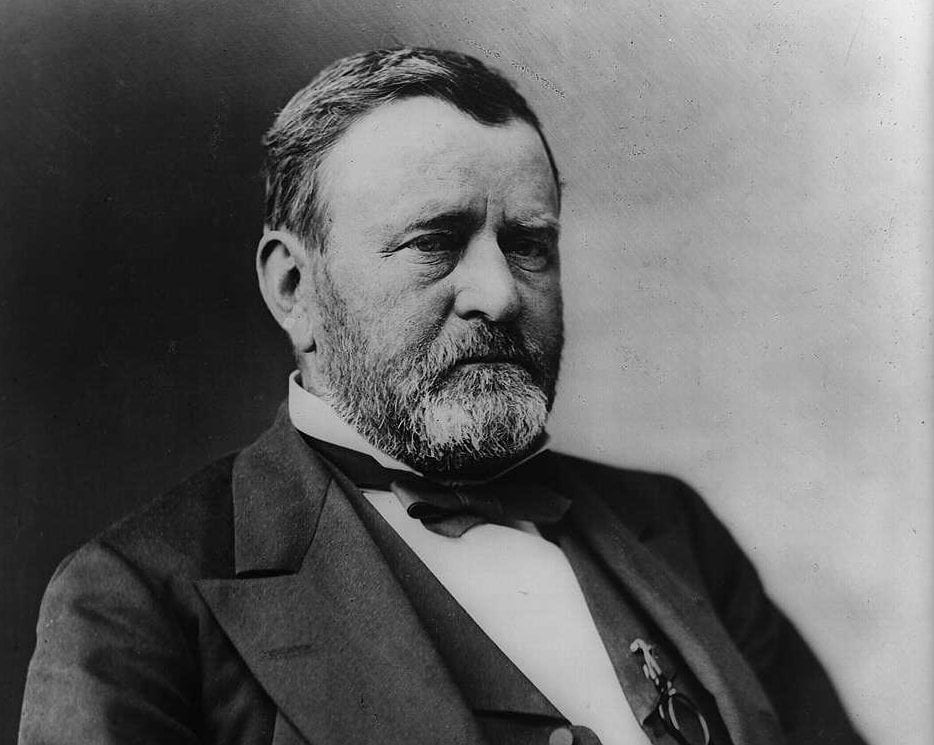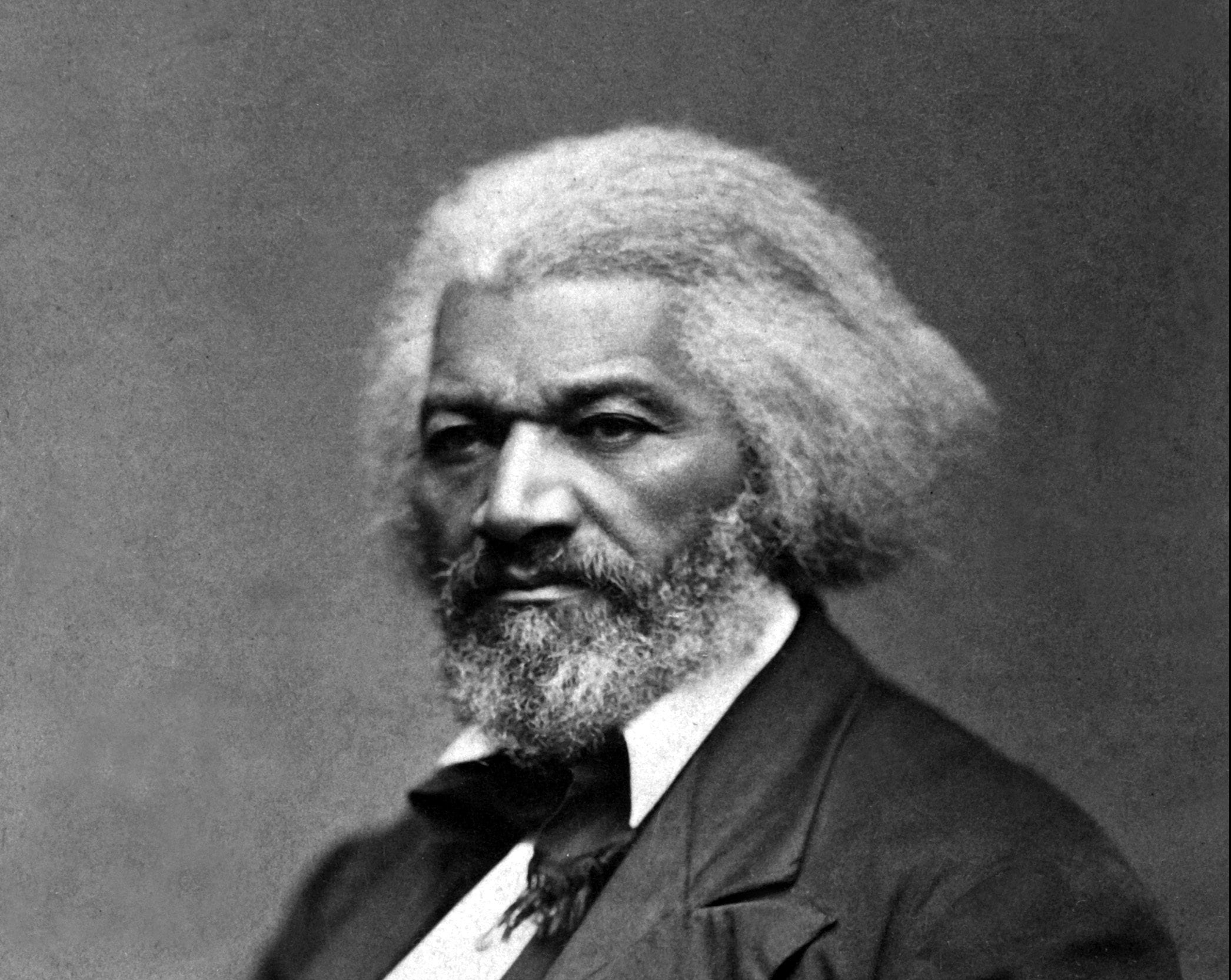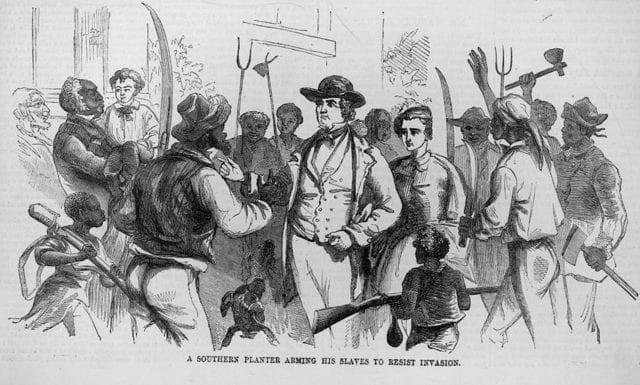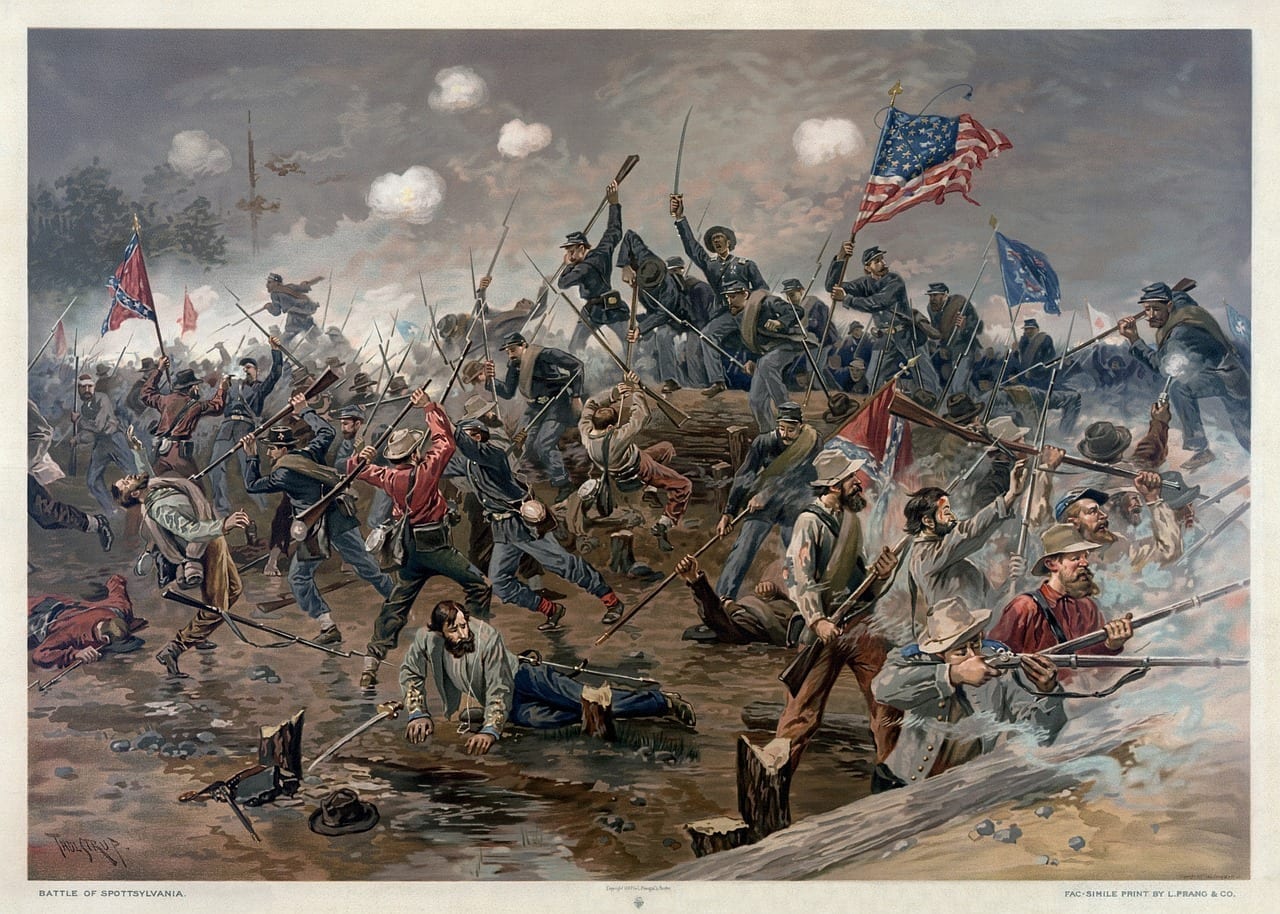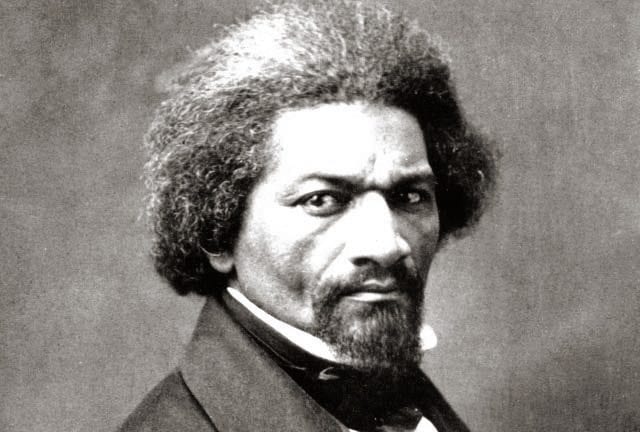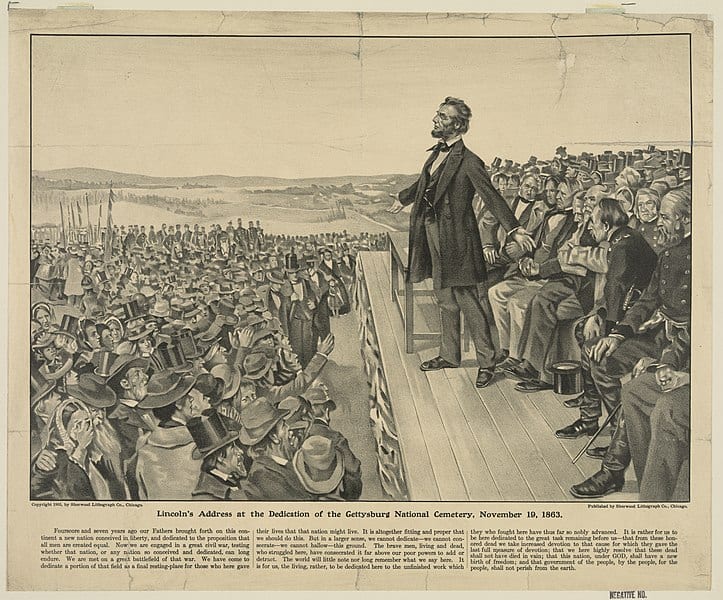

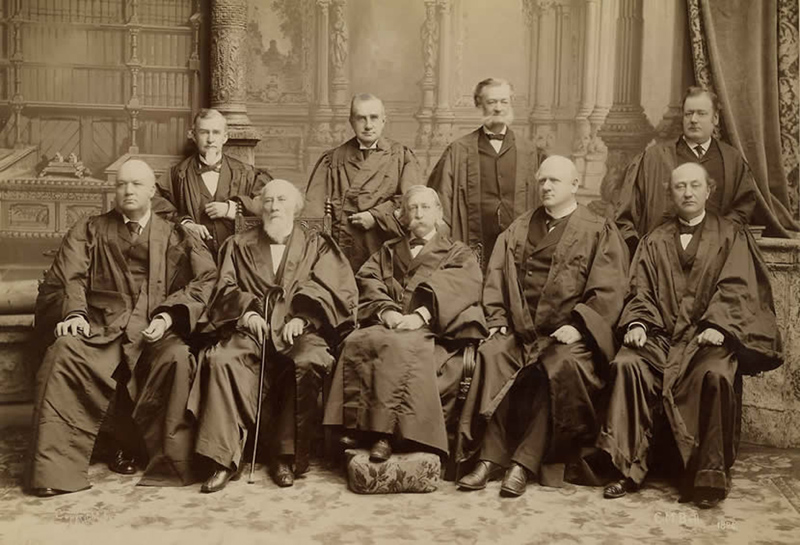
Introduction
In this case, the Supreme Court voted 7-1 to uphold a Louisiana law requiring railroads to separate African Americans and white people into different passenger cars, despite Justice Harlan’s sole dissenting opinion that the “Constitution is color-blind.” The Court affirmed the idea that the Fourteenth Amendment’s guarantee of “equal protection of the laws” allowed the races to be segregated by law as long as the public facilities available to each race were “equal, but separate.” This doctrine formed the legal basis for Southern Jim Crow laws, although it was chipped away during the mid-twentieth century through the advocacy and legal efforts of groups like the NAACP, which led to Supreme Court decisions requiring separate (educational) facilities to be actually equal in both their tangible and intangible aspects. Those decisions laid the groundwork for Brown v. Board of Education, where the Court struck down “separate but equal” public education facilities on the ground that such segregation caused a psychological stigma in African American children that deprived them of equal educational opportunities. In reaching this conclusion, Brown declared that “[w]hatever may have been the extent of psychological knowledge at the time of Plessy v. Ferguson, this finding is amply supported by modern authority. Any language in Plessy v. Ferguson contrary to this finding is rejected.”
Source: 163 U.S. 537; https://www.law.cornell.edu/supremecourt/text/163/537
Justice BROWN delivered the opinion of the Court, joined by Chief Justice Fuller and Justices FIELD, GRAY, SHIRAS, WHITE, and PECKHAM.
[Homer Plessy] was a citizen of the United States and a resident of the State of Louisiana, of mixed descent, in the proportion of seven eighths Caucasian and one eighth African blood; that the mixture of colored blood was not discernible in him, and that he was entitled to every recognition, right, privilege and immunity secured to the citizens of the United States of the white race by its Constitution and laws; that, on June 7, 1892, he engaged and paid for a first class passage on the East Louisiana Railway from New Orleans to Covington, in the same State, and thereupon entered a passenger train, and took possession of a vacant seat in a coach where passengers of the white race were accommodated; that such railroad company was incorporated by the laws of Louisiana as a common carrier, and was not authorized to distinguish between citizens according to their race. But, notwithstanding this, [Plessy] was required by the conductor, under penalty of ejection from said train and imprisonment, to vacate said coach and occupy another seat in a coach assigned by said company for persons not of the white race, and for no other reason than that petitioner was of the colored race; that, upon petitioner’s refusal to comply with such order, he was, with the aid of a police officer, forcibly ejected from said coach and hurried off to and imprisoned in the parish jail of New Orleans, and there held to answer a charge made by such officer to the effect that he was guilty of having criminally violated an act of the General Assembly of the State, approved July 10, 1890,[1] in such case made and provided.
[Plessy] was subsequently brought before the recorder of the city for preliminary examination and committed for trial to the criminal District Court for the parish of Orleans, where an information was filed against him in the matter above set forth, for a violation of the above act, which act [Plessy] affirmed to be null and void, because in conflict with the Constitution of the United States . . . .
The constitutionality of this act is attacked upon the ground that it conflicts both with the Thirteenth Amendment of the Constitution, abolishing slavery, and the Fourteenth Amendment, which prohibits certain restrictive legislation on the part of the States.
- That it does not conflict with the Thirteenth Amendment, which abolished slavery and involuntary servitude, except as a punishment for crime, is too clear for argument. Slavery implies involuntary servitude—a state of bondage; the ownership of mankind as a chattel, or at least the control of the labor and services of one man for the benefit of another, and the absence of a legal right to the disposal of his own person, property and services. . . .
A statute which implies merely a legal distinction between the white and colored races—a distinction which is founded in the color of the two races and which must always exist so long as white men are distinguished from the other race by color—has no tendency to destroy the legal equality of the two races, or reestablish a state of involuntary servitude. Indeed, we do not understand that the Thirteenth Amendment is strenuously relied upon by the plaintiff in error in this connection.
- By the Fourteenth Amendment, all persons born or naturalized in the United States and subject to the jurisdiction thereof are made citizens of the United States and of the State wherein they reside, and the States are forbidden from making or enforcing any law which shall abridge the privileges or immunities of citizens of the United States, or shall deprive any person of life, liberty, or property without due process of law, or deny to any person within their jurisdiction the equal protection of the laws. . . .
The object of the amendment was undoubtedly to enforce the absolute equality of the two races before the law, but, in the nature of things, it could not have been intended to abolish distinctions based upon color, or to enforce social, as distinguished from political, equality, or a commingling of the two races upon terms unsatisfactory to either. Laws permitting, and even requiring, their separation in places where they are liable to be brought into contact do not necessarily imply the inferiority of either race to the other, and have been generally, if not universally, recognized as within the competency of the state legislatures in the exercise of their police power.[2] The most common instance of this is connected with the establishment of separate schools for white and colored children, which has been held to be a valid exercise of the legislative power even by courts of States where the political rights of the colored race have been longest and most earnestly enforced. . . .
. . . [W]e think the enforced separation of the races, as applied to the internal commerce of the State, neither abridges the privileges or immunities of the colored man, deprives him of his property without due process of law, nor denies him the equal protection of the laws within the meaning of the Fourteenth Amendment. . . .
We consider the underlying fallacy of the plaintiff’s argument to consist in the assumption that the enforced separation of the two races stamps the colored race with a badge of inferiority. If this be so, it is not by reason of anything found in the act, but solely because the colored race chooses to put that construction upon it. The argument necessarily assumes that if, as has been more than once the case and is not unlikely to be so again, the colored race should become the dominant power in the state legislature, and should enact a law in precisely similar terms, it would thereby relegate the white race to an inferior position. We imagine that the white race, at least, would not acquiesce in this assumption. The argument also assumes that social prejudices may be overcome by legislation, and that equal rights cannot be secured to the negro except by an enforced commingling of the two races. We cannot accept this proposition. If the two races are to meet upon terms of social equality, it must be the result of natural affinities, a mutual appreciation of each other’s merits, and a voluntary consent of individuals. As was said by the Court of Appeals of New York in People v. Gallagher, 93 N. Y. 438, 448, “this end can neither be accomplished nor promoted by laws which conflict with the general sentiment of the community upon whom they are designed to operate. When the government, therefore, has secured to each of its citizens equal rights before the law and equal opportunities for improvement and progress, it has accomplished the end for which it was organized, and performed all of the functions respecting social advantages with which it is endowed.”
Legislation is powerless to eradicate racial instincts or to abolish distinctions based upon physical differences, and the attempt to do so can only result in accentuating the difficulties of the present situation. If the civil and political rights of both races be equal, one cannot be inferior to the other civilly or politically. If one race be inferior to the other socially, the Constitution of the United States cannot put them upon the same plane. . . .
. . . The judgment of the court below is, therefore, Affirmed.
JUSTICE HARLAN, dissenting.
. . . [W]e have before us a state enactment that compels, under penalties, the separation of the two races in railroad passenger coaches, and makes it a crime for a citizen of either race to enter a coach that has been assigned to citizens of the other race.
Thus, the State regulates the use of a public highway by citizens of the United States solely upon the basis of race.
However apparent the injustice of such legislation may be, we have only to consider whether it is consistent with the Constitution of the United States. . . .
In respect of civil rights common to all citizens, the Constitution of the United States does not, I think, permit any public authority to know the race of those entitled to be protected in the enjoyment of such rights. Every true man has pride of race, and, under appropriate circumstances, when the rights of others, his equals before the law, are not to be affected, it is his privilege to express such pride and to take such action based upon it as to him seems proper. But I deny that any legislative body or judicial tribunal may have regard to the race of citizens when the civil rights of those citizens are involved. Indeed, such legislation as that here in question is inconsistent not only with that equality of rights which pertains to citizenship, National and State, but with the personal liberty enjoyed by everyone within the United States.
The Thirteenth Amendment does not permit the withholding or the deprivation of any right necessarily inhering in freedom. It not only struck down the institution of slavery as previously existing in the United States, but it prevents the imposition of any burdens or disabilities that constitute badges of slavery or servitude. It decreed universal civil freedom in this country. This court has so adjudged. But that amendment having been found inadequate to the protection of the rights of those who had been in slavery, it was followed by the Fourteenth Amendment, which added greatly to the dignity and glory of American citizenship and to the security of personal liberty by declaring that “all persons born or naturalized in the United States, and subject to the jurisdiction thereof, are citizens of the United States and of the State wherein they reside,” and that “no State shall make or enforce any law which shall abridge the privileges or immunities of citizens of the United States; nor shall any State deprive any person of life, liberty or property without due process of law, nor deny to any person within its jurisdiction the equal protection of the laws.”
These two amendments, if enforced according to their true intent and meaning, will protect all the civil rights that pertain to freedom and citizenship. Finally, and to the end that no citizen should be denied, on account of his race, the privilege of participating in the political control of his country, it was declared by the Fifteenth Amendment that “the right of citizens of the United States to vote shall not be denied or abridged by the United States or by any State on account of race, color or previous condition of servitude.”
These notable additions to the fundamental law were welcomed by the friends of liberty throughout the world. They removed the race line from our governmental systems. They had, as this court has said, a common purpose, namely to secure “to a race recently emancipated, a race that through many generations have been held in slavery, all the civil rights that the superior race enjoy.”
They[3] declared, in legal effect, this court has further said, “that the law in the States shall be the same for the black as for the white; that all persons, whether colored or white, shall stand equal before the laws of the States, and, in regard to the colored race, for whose protection the amendment was primarily designed, that no discrimination shall be made against them by law because of their color.”[4] . . .It was said in argument that the statute of Louisiana does not discriminate against either race, but prescribes a rule applicable alike to white and colored citizens. But this argument does not meet the difficulty. Everyone knows that the statute in question had its origin in the purpose not so much to exclude white persons from railroad cars occupied by blacks as to exclude colored people from coaches occupied by or assigned to white persons. Railroad corporations of Louisiana did not make discrimination among whites in the matter of accommodation for travelers. The thing to accomplish was, under the guise of giving equal accommodation for whites and blacks, to compel the latter to keep to themselves while traveling in railroad passenger coaches. No one would be so wanting in candor as to assert the contrary. The fundamental objection, therefore, to the statute is that it interferes with the personal freedom of citizens. . . .
It is one thing for railroad carriers to furnish, or to be required by law to furnish, equal accommodations for all whom they are under a legal duty to carry. It is quite another thing for government to forbid citizens of the white and black races from traveling in the same public conveyance, and to punish officers of railroad companies for permitting persons of the two races to occupy the same passenger coach. If a State can prescribe, as a rule of civil conduct, that whites and blacks shall not travel as passengers in the same railroad coach, why may it not so regulate the use of the streets of its cities and towns as to compel white citizens to keep on one side of a street and black citizens to keep on the other? Why may it not, upon like grounds, punish whites and blacks who ride together in streetcars or in open vehicles on a public road or street? Why may it not require sheriffs to assign whites to one side of a courtroom and blacks to the other? And why may it not also prohibit the commingling of the two races in the galleries of legislative halls or in public assemblages convened for the consideration of the political questions of the day? Further, if this statute of Louisiana is consistent with the personal liberty of citizens, why may not the State require the separation in railroad coaches of native and naturalized citizens of the United States, or of Protestants and Roman Catholics? . . .
The white race deems itself to be the dominant race in this country. And so it is in prestige, in achievements, in education, in wealth and in power. So, I doubt not, it will continue to be for all time if it remains true to its great heritage and holds fast to the principles of constitutional liberty. But in view of the Constitution, in the eye of the law, there is in this country no superior, dominant, ruling class of citizens. There is no caste here. Our Constitution is color-blind, and neither knows nor tolerates classes among citizens. In respect of civil rights, all citizens are equal before the law. The humblest is the peer of the most powerful. The law regards man as man, and takes no account of his surroundings or of his color when his civil rights as guaranteed by the supreme law of the land are involved. It is therefore to be regretted that this high tribunal, the final expositor of the fundamental law of the land, has reached the conclusion that it is competent for a State to regulate the enjoyment by citizens of their civil rights solely upon the basis of race.
In my opinion, the judgment this day rendered will, in time, prove to be quite as pernicious as the decision made by this tribunal in the Dred Scott Case.[5] It was adjudged in that case that the descendants of Africans who were imported into this country and sold as slaves were not included nor intended to be included under the word “citizens” in the Constitution, and could not claim any of the rights and privileges which that instrument provided for and secured to citizens of the United States; that, at the time of the adoption of the Constitution, they were “considered as a subordinate and inferior class of beings, who had been subjugated by the dominant race, and, whether emancipated or not, yet remained subject to their authority, and had no rights or privileges but such as those who held the power and the government might choose to grant them.”
The recent amendments of the Constitution, it was supposed, had eradicated these principles from our institutions. But it seems that we have yet, in some of the States, a dominant race—a superior class of citizens, which assumes to regulate the enjoyment of civil rights, common to all citizens, upon the basis of race. The present decision, it may well be apprehended, will not only stimulate aggressions, more or less brutal and irritating, upon the admitted rights of colored citizens, but will encourage the belief that it is possible, by means of state enactments, to defeat the beneficent purposes which the people of the United States had in view when they adopted the recent amendments of the Constitution, by one of which the blacks of this country were made citizens of the United States and of the States in which they respectively reside, and whose privileges and immunities, as citizens, the States are forbidden to abridge. Sixty millions of whites are in no danger from the presence here of eight millions of blacks. The destinies of the two races in this country are indissolubly linked together, and the interests of both require that the common government of all shall not permit the seeds of race hate to be planted under the sanction of law. What can more certainly arouse race hate, what more certainly create and perpetuate a feeling of distrust between these races, than state enactments which, in fact, proceed on the ground that colored citizens are so inferior and degraded that they cannot be allowed to sit in public coaches occupied by white citizens. That, as all will admit, is the real meaning of such legislation as was enacted in Louisiana.
The sure guarantee of the peace and security of each race is the clear, distinct, unconditional recognition by our governments, National and State, of every right that inheres in civil freedom, and of the equality before the law of all citizens of the United States, without regard to race. State enactments regulating the enjoyment of civil rights upon the basis of race, and cunningly devised to defeat legitimate results of the war under the pretense of recognizing equality of rights, can have no other result than to render permanent peace impossible and to keep alive a conflict of races the continuance of which must do harm to all concerned. This question is not met by the suggestion that social equality cannot exist between the white and black races in this country. That argument, if it can be properly regarded as one, is scarcely worthy of consideration, for social equality no more exists between two races when traveling in a passenger coach or a public highway than when members of the same races sit by each other in a street car or in the jury box, or stand or sit with each other in a political assembly, or when they use in common the street of a city or town, or when they are in the same room for the purpose of having their names placed on the registry of voters, or when they approach the ballot box in order to exercise the high privilege of voting.
There is a race so different from our own that we do not permit those belonging to it to become citizens of the United States. Persons belonging to it are, with few exceptions, absolutely excluded from our country. I allude to the Chinese race. But, by the statute in question, a Chinaman can ride in the same passenger coach with white citizens of the United States, while citizens of the black race in Louisiana, many of whom, perhaps, risked their lives for the preservation of the Union, who are entitled, by law, to participate in the political control of the State and nation, who are not excluded, by law or by reason of their race, from public stations of any kind, and who have all the legal rights that belong to white citizens, are yet declared to be criminals, liable to imprisonment, if they ride in a public coach occupied by citizens of the white race. It is scarcely just to say that a colored citizen should not object to occupying a public coach assigned to his own race. He does not object, nor, perhaps, would he object to separate coaches for his race if his rights under the law were recognized. But he [is] objecting, and ought never to cease objecting, to the proposition that citizens of the white and black race can be adjudged criminals because they sit, or claim the right to sit, in the same public coach on a public highway.
The arbitrary separation of citizens on the basis of race while they are on a public highway is a badge of servitude wholly inconsistent with the civil freedom and the equality before the law established by the Constitution. It cannot be justified upon any legal grounds.
If evils will result from the commingling of the two races upon public highways established for the benefit of all, they will be infinitely less than those that will surely come from state legislation regulating the enjoyment of civil rights upon the basis of race. We boast of the freedom enjoyed by our people above all other peoples. But it is difficult to reconcile that boast with a state of the law which, practically, puts the brand of servitude and degradation upon a large class of our fellow citizens, our equals before the law. The thin disguise of “equal” accommodations for passengers in railroad coaches will not mislead anyone, nor atone for the wrong this day done. . . .
I am of opinion that the statute of Louisiana is inconsistent with the personal liberty of citizens, white and black, in that State, and hostile to both the spirit and letter of the Constitution of the United States. If laws of like character should be enacted in the several States of the Union, the effect would be in the highest degree mischievous. Slavery, as an institution tolerated by law would, it is true, have disappeared from our country, but there would remain a power in the States, by sinister legislation, to interfere with the full enjoyment of the blessings of freedom to regulate civil rights, common to all citizens, upon the basis of race, and to place in a condition of legal inferiority a large body of American citizens now constituting a part of the political community called the People of the United States, for whom and by whom, through representatives, our government is administered. Such a system is inconsistent with the guarantee given by the Constitution to each State of a republican form of government, and may be stricken down by Congressional action, or by the courts in the discharge of their solemn duty to maintain the supreme law of the land, anything in the constitution or laws of any State to the contrary notwithstanding.
For the reasons stated, I am constrained to withhold my assent from the opinion and judgment of the majority.
- 1. The act required separate cars for blacks and whites. Plessy deliberately violated the law so that its constitutionality could be tested in court. The conductor was told that Plessy was black, although as the recitation of the facts of the cases attests, he could pass for white. Plessy confirmed he was black when the conductor questioned him.
- 2. “Police power” refers to the power of government to enforce laws intended to secure the safety, health, and morals of the population. In the United States, individual states are recognized to have this power.
- 3. Strauder v. West Virginia, 100 U.S. 303 (1880), https://supreme.justia.com/cases/federal/us/100/303/.
- 4. Ibid.
- 5. Dred Scott v. Sandford.
Speech in the Senate
March 23, 1900
Conversation-based seminars for collegial PD, one-day and multi-day seminars, graduate credit seminars (MA degree), online and in-person.


